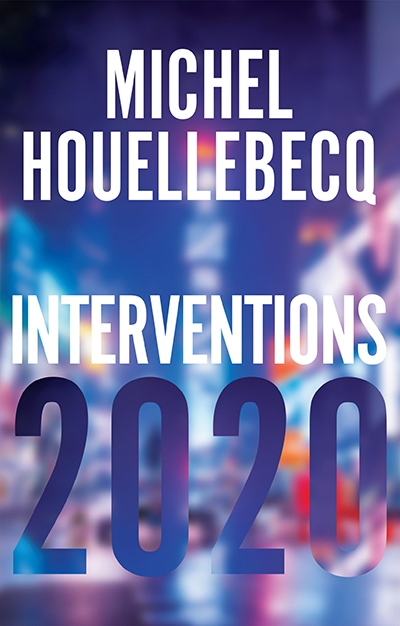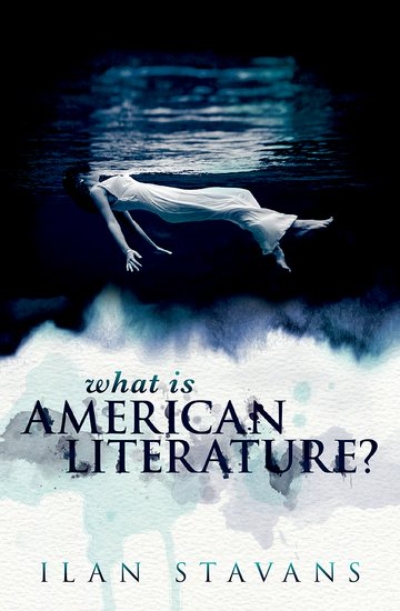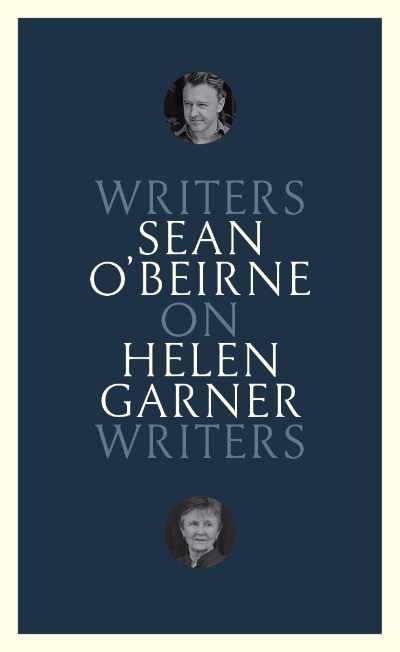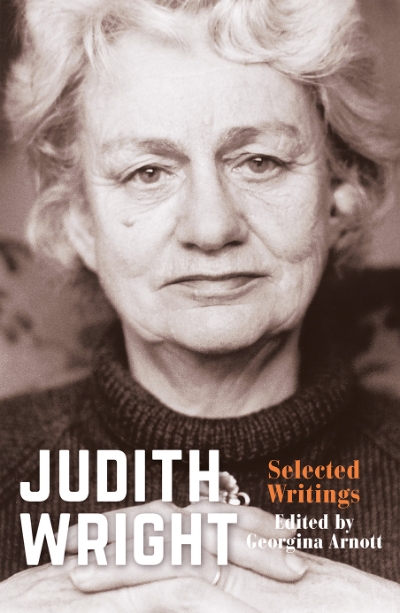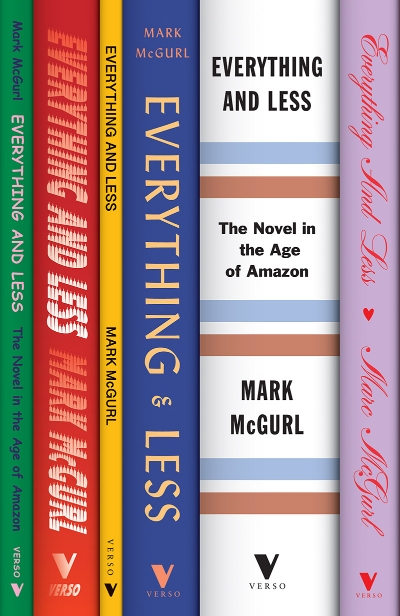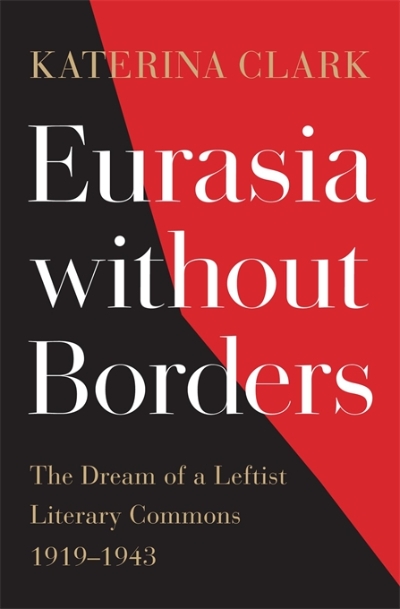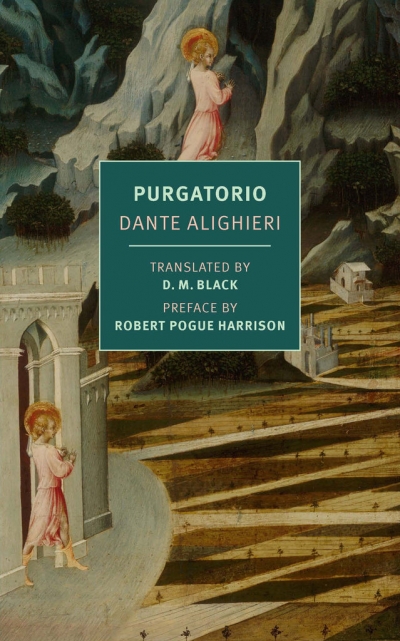Literary Studies
When I heard I was on a literary panel called ‘Dialogues with the Past’ I was struck by a very familiar feeling, well beyond déjà vu. The sort of feeling best described by Barry Humphries as having the anticipatory excitement of dancing with your mother. In this country, it seems, the Good Old Past is always trotted out for one more waltz.
There has to be a reason for our having a session called something like ‘Dialogues with the Past’ at every literary festival in Australia. What is it with us and history? We’re always being told we lack confidence in the here and now. How much do we still need the past, preferably the nineteenth century, to confirm for us who we are and why? Do we just think we do? We do seem to have – and I certainly include myself in this – an overriding concern with questions of national identity.
... (read more)Interventions 2020 by Michel Houellebecq, translated by Andrew Brown
Michel Houellebecq has never been one to hide his light under a bushel. Since the publication of his second and best-known novel, Atomised, in 1998 (the same year some of the pieces included in Interventions 2020 were originally published in French), Houellebecq has established himself as the enfant terrible of French letters, primarily through his provocative and at times incendiary remarks. Indeed, there is a certain expectation that Houellebecq will live up to his reputation, something he notes in his reflections on paedophilia: ‘Through the wording of your questions, I feel I am subtly being asked to say something politically incorrect.’ Rarely does he disappoint.
... (read more)Ilan Stavans is a professor of Humanities at Amherst College in Massachusetts, a native of Mexico City who is now a distinguished scholar of Latin American and Hispanic cultures. Here he turns his outsider’s gaze on the large question ‘What is American Literature?’ to productive if rather erratic effect. This is a strange book, one that purports to achieve an Olympian overview of an established academic field, but one whose most effective contributions manifest themselves in casual, digressive comments on particular authors and contemporary cultural issues.
... (read more)Oh, how I detest tiny books – those cutesy little hardbacks that are sold next to the novelty bookmarks and greeting cards. 101 Reasons Why Dogs/Cats Are Better Than Cats/Dogs; Inspo quotes for Insta feminists; The Pocket Marcus Aurelias (for the stoic on-the-go); The Pocket Tarot (for the soothsayer on-the-go); The Tao of Something. They are the literary equivalent of supermarket checkout chocolates – sugar-fix books. Stocking stuffers. Gag gifts. Op-shop cloggers. Toilet-floor lint collectors.
... (read more)Georgina Arnott’s 2016 biography The Unknown Judith Wright was an absorbing exercise in discovering the facets of Judith Wright’s early life and formative experience that were unknown, hidden, or forgotten, by biographers as well as by Wright herself. It was a revealing study of a writer who had a love-fear relationship with the projects of biography and autobiography. In the 1950s, Wright wrote loving, admiring histories of her pioneering family, but in her autobiography, Half a Lifetime, published in 1999, the year before her death, she began: ‘Autobiography is not what I want to write.’ There were good reasons for this. There were the formal challenges of life writing – the person writing is not the person written about – but also what Wright had discovered, in her archival research for her rewriting of her family history, about her Wyndham colonial ancestors’ role in Aboriginal dispossession, and violence.
... (read more)When Jeff Bezos launched Amazon in 1994, few imagined that eighteen years later the company’s skyrocketing profits would actually launch him into space. What started out as a virtual bookstore run out of Bezos’ garage would turn into an e-commerce giant, forever changing the culture and economics of bookselling. In this episode of The ABR Podcast, James Ley reads his essay-review of Mark McGurl’s new study, Everything and Less: The novel in the age of Amazon. Where McGurl sees Amazon as refreshingly iconoclastic, Ley is more sceptical ...
... (read more)Few phrases captured the atmosphere of lethargy and disorientation in which many of us lived under lockdown as ‘brain fog’. The term has come to denote a whole range of symptoms – from fatigue and forgetfulness to anxiety and an inability to focus – that serve as an historical marker for our Covid moment. Yet, as literary scholar Thomas H. Ford observes, the malaise is far from unique to the twenty-first century. In this episode of The ABR Podcast, listen to Ford as he traces the history of cognitive fuzziness, revealing the persistent concerns about mental overwork of which ‘brain fog’ is only the latest diagnosis.
... (read more)Everything and Less: The novel in the age of Amazon by Mark McGurl
On 21 July 2021, one of the world’s richest men, Amazon founder Jeff Bezos, staged a press conference in the small town of Van Horn, Texas, the purpose of which was to boast about his recent ten-minute joy ride into space atop a rocket so comically penis-shaped that one could be forgiven for thinking that the whole exercise was intended as an outrageously expensive joke, albeit one that Mel Brooks would likely have rejected for its lack of subtlety.
... (read more)Eurasia without Borders: The dream of a leftist literary commons 1919–1943 by Katerina Clark
In the time before festivals, writers used to attend congresses to perform their role as ‘the unacknowledged legislators of the world’ in Shelley’s fine phrase. A who’s who of literary leftists and liberals gathered in Paris for the First International Congress of Writers for the Defense of Culture in 1935, in solidarity against the rise of fascism across Europe. Nettie Palmer was a member of the Australian delegation. She was pleased to spend time there with her younger compatriot Christina Stead, who was living in London. Both writers were internationalists, but at different points on a spectrum.
... (read more)In Italy, Dante is known as il sommo poeta (‘the supreme poet’). Ironically, such reverence obscures the creative personality. We know Dante responded to the shock of being exiled from Florence in 1302 by writing a visionary poem of hell, purgatory, and paradise, in which his tormented life and feuding world were set right – but why did he do it? With little biographical evidence and no original manuscripts of the Commedia surviving, most translators and commentators prefer to concentrate on Dante’s myriad historical and theological sources. It takes a simple shift of logic to search them for the missing psychological evidence.
... (read more)
